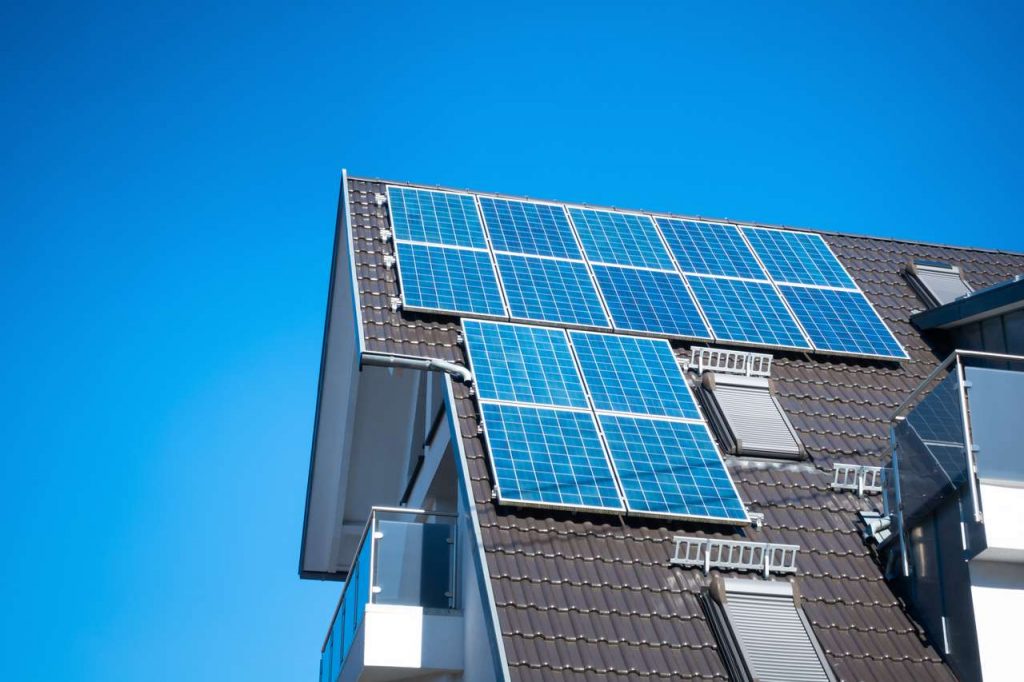Once you have had your solar installed, the workmanship, materials, and products are covered against breakdown, failure, and roof leakage for periods of up to 30 years. This is under normal conditions and the coverage is provided either through the solar contractor, product manufacturer, or third-party insurers such as Solar Insure, who bundles and extends coverage for all elements of the entire system for 30 years, backed by a major insurance company.
Occasionally, a golfer or storm inflicts damage that is beyond the scope and terms of the original solar warranty. This is where home insurance is necessary.
Or more specifically, the insurer of your home needs to know that you have installed solar. The cost of adding solar to your policy will be dependent on the current insured value of your home, or coverage limit, and how much the addition of solar will enhance this value.
Beyond this, you should not be penalized by your insurance company for having solar. If you feel you have been, ask your broker to obtain quotes from more “solar-friendly” companies. If unwilling or unable, check with a new broker.
Property insurance policies should cover solar systems against the same perils as your home. Ensure that these perils include that golfer’s ball or even club (I’ve seen it happen), fire, ice, hail, lightning, damaging wind, or windborne debris. Also, consider if you wish to pay for replacement insurance which will ensure any damaged equipment is replaced with new equipment for no additional cost, other than the deductible.
So far, the insurance discussed applies to solar systems mounted to the roof of your home. Should you have solar mounted on a detached structure such as a garage, barn, or shade structure, this will need to be insured under the “Other Structures” portion of your policy. The coverage is typically a percentage of your main home and this percentage will likely need to be increased with the addition of solar.
Ground-mounted solar systems would also be covered under other structures but may also attract a nuisance premium. This is much like a swimming pool, where some liability exists since people are in direct contact and accidents or vandalism are possible.
One insurance clause, equipment breakdown, previously included, is now largely optional. The benefit would be if the electric grid surges and causes damage to the solar system. Generally, there needs to be a natural cause of the damage, which in this case may be difficult to substantiate. With equipment breakdown, this does not need to be the case.
In our industry, we very often depend on other home service professionals and I would like to thank Aaron Vasquez, AIC Insurance Agency for contributing to the information above. Any mistakes are mine, not his, and always check with a reputable insurance agent regarding the protection of a valuable investment like solar.







